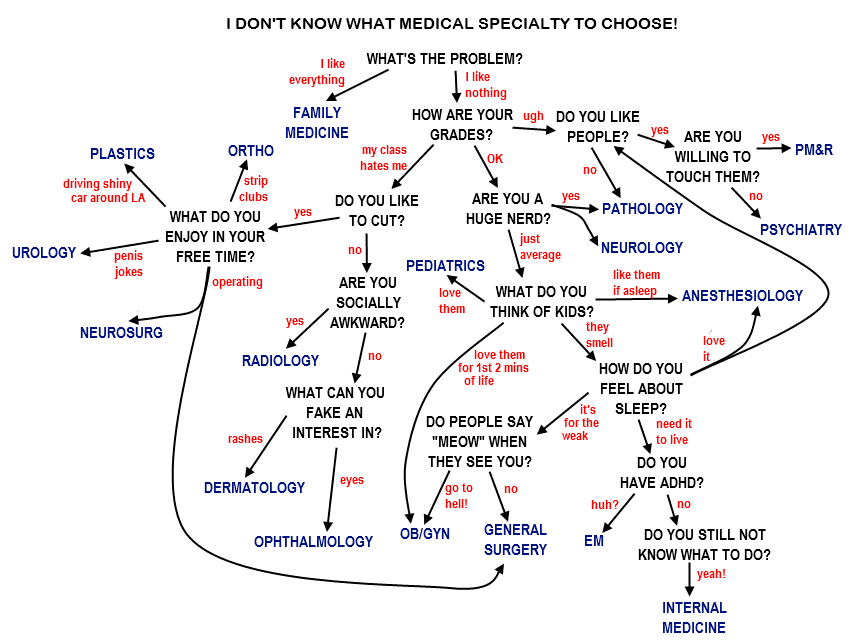- Joined
- Oct 13, 2014
- Messages
- 12
- Reaction score
- 0
I know I am very interested in brain function and the human personality and I know I am willing to dedicate 100% of my life to my field. I am interested in peoples theories of life and why they do the things they do and all types of psychoanalytically oriented type things, but I am sort of antisocial and I know I could spend long hours in the OR. Generally though, surgeons are not thinkers, right? A psychiatrist would be the one looking at brain and behavior? What about neurologists? Generally, they aren't interested in the patients personality, right? Also, psychology would be the best undergrad major for a career in psychiatry, correct? What about philosophy?


